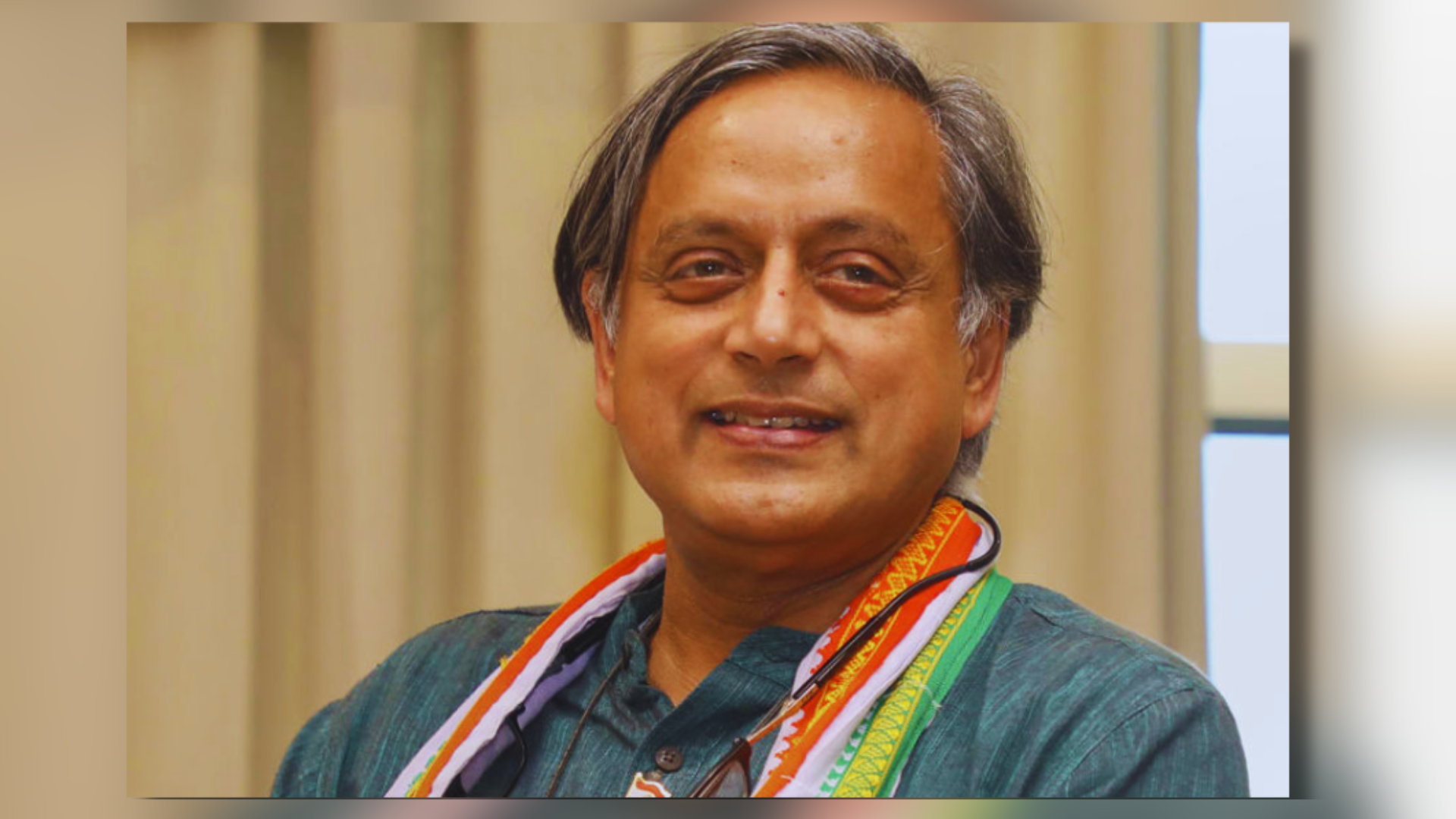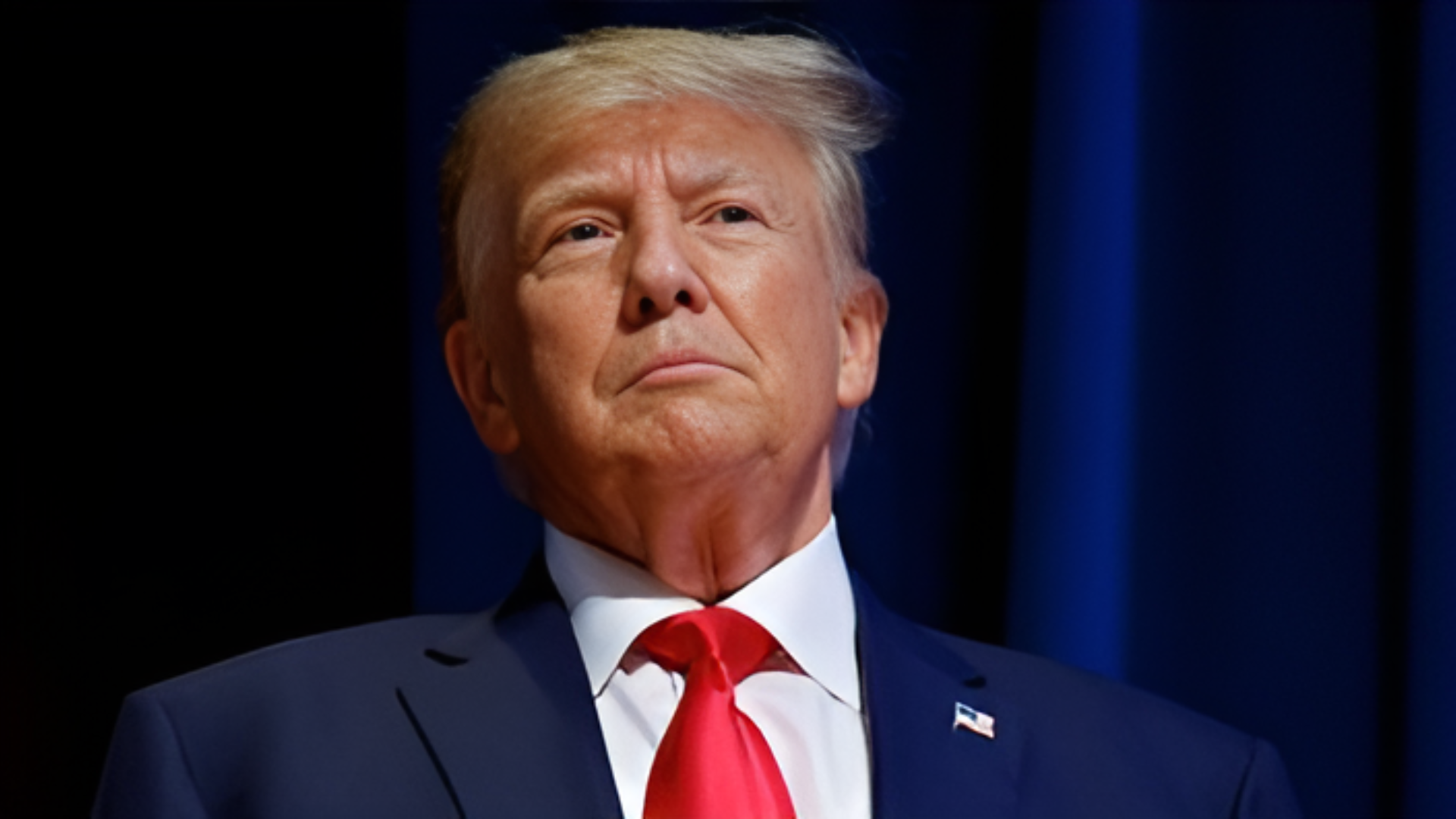OpenAI introduces Sora, a cutting-edge AI model capable of generating one-minute videos from text prompts, heralding a new era of innovation in artificial intelligence.
Developed by the creators of ChatGPT, Sora utilizes simple text inputs to produce captivating video content, showcasing its potential to revolutionize creative storytelling.
At present, Sora is exclusively available to internal testers, as well as select artists and designers, who are exploring its capabilities and providing valuable feedback for further development.
Described as “mindblowing” by OpenAI, Sora’s ability to interpret text prompts and translate them into dynamic visual narratives has garnered significant attention. OpenAI CEO Sam Altman recently showcased the tool on his X account, inviting users to submit prompts for personalized videos.
Announcing Sora — our model which creates minute-long videos from a text prompt: https://t.co/SZ3OxPnxwz pic.twitter.com/0kzXTqK9bG
— Greg Brockman (@gdb) February 15, 2024
The model’s capacity to generate intricate scenes with multiple characters, precise movements, and detailed backgrounds demonstrates its deep understanding of language and real-world scenarios. OpenAI emphasizes Sora’s capability to create compelling characters that express vibrant emotions, along with its ability to generate multiple shots within a single video.
Despite the excitement surrounding Sora’s launch, concerns have been raised regarding the potential misuse of AI-generated content. Popular YouTuber Marques Brownlee highlighted these concerns, urging caution in the face of Sora’s impressive capabilities.
In response, OpenAI is prioritizing safety measures before Sora’s wider release. This includes collaboration with experts to identify and address potential vulnerabilities, as well as the development of tools to detect misleading content generated by the model.
Furthermore, OpenAI is engaging with policymakers, educators, and artists to explore both the challenges and opportunities presented by Sora. By soliciting feedback and fostering dialogue, the company aims to ensure responsible development and deployment of AI technology.
While Sora represents a significant leap forward in AI capabilities, OpenAI remains committed to ongoing monitoring and regulation to mitigate potential risks. As the model continues to evolve, the company emphasizes the importance of learning from real-world use to create increasingly safe AI systems over time.
Currently, Sora is accessible to a select group of testers and collaborators, allowing OpenAI to gather input and refine the model. The company’s decision to share its research progress early underscores its commitment to transparency and collaboration in the development of AI technologies.











